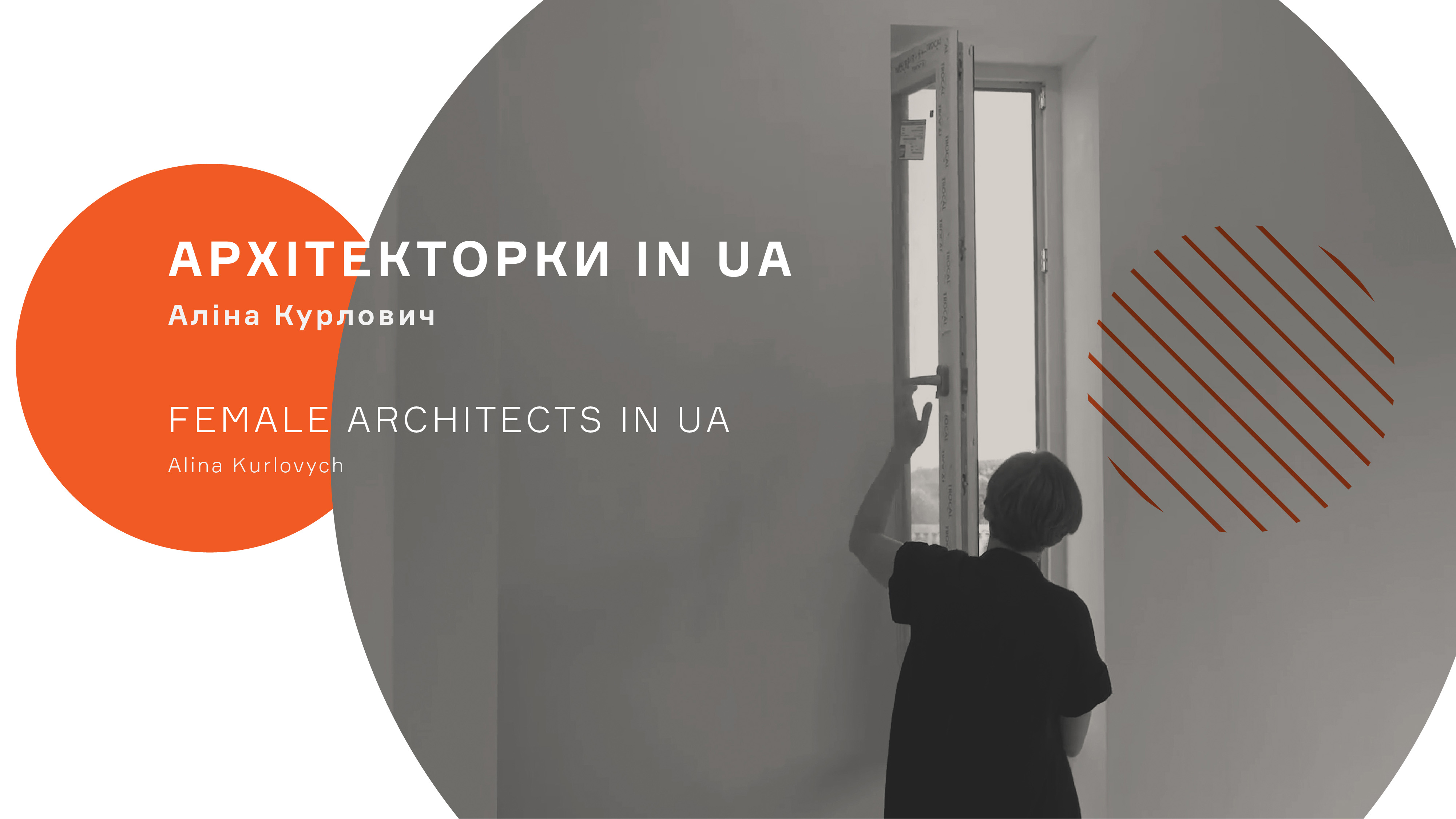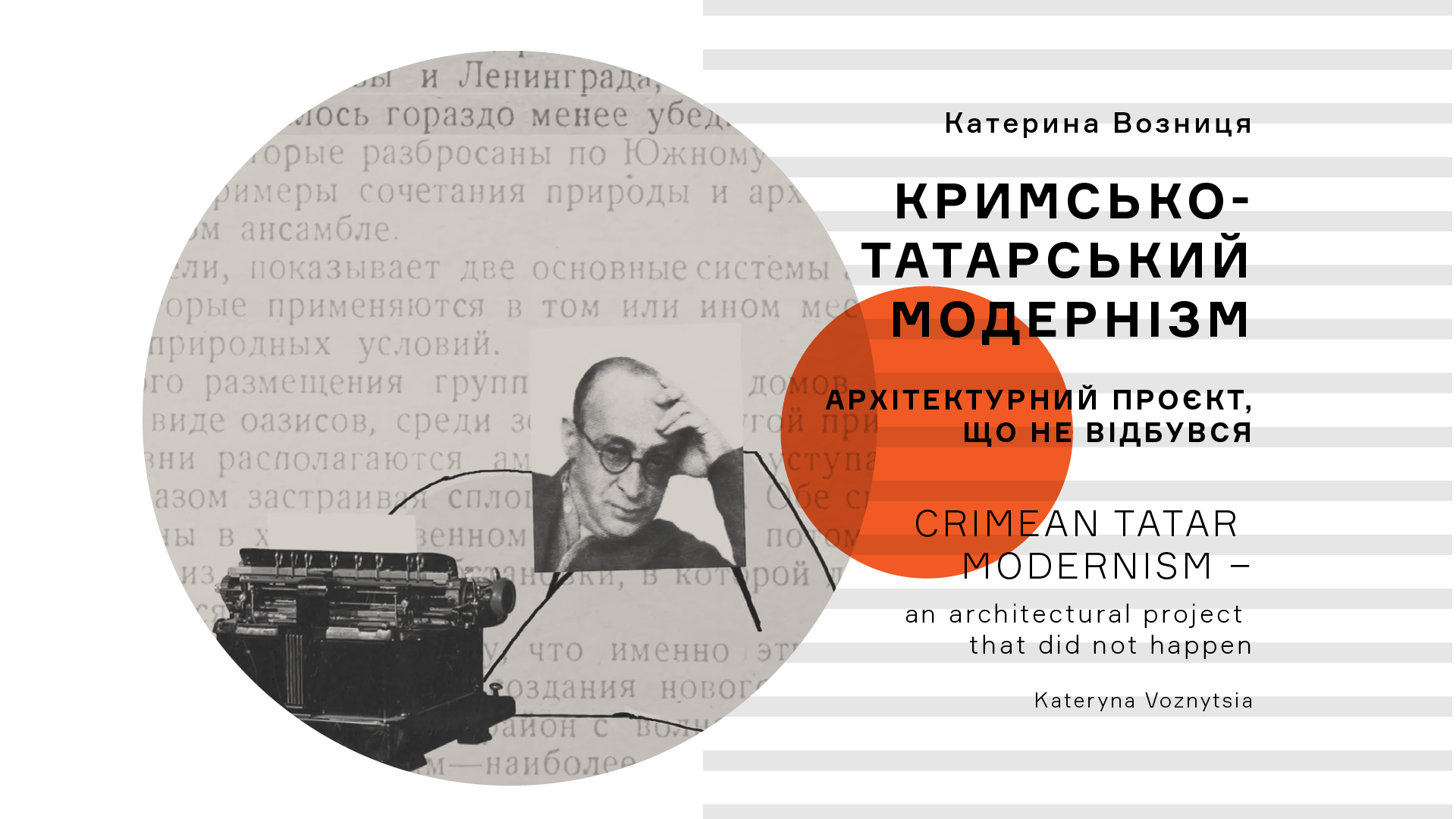In the autumn 1948, six months after the proclamation of Israel, the Jewish Anti-Fascist Committee was closed down. Since 1949, a decades-long campaign against “rootless cosmopolitans” was waged. With this euphemism the authorities labeled the Jewish intellectuals to avoid the very word “Jews”. However at the local level “cosmopolitanism” hunting also affected some “unpatriotic” representatives of “native” people here and there, as it was necessary to demonstrate that not only Jews were meant by “cosmopolitans.”
The above-mentioned campaign was to some extent (at least until the 1953 Doctors' Plot) quite “vegetarian” for Stalin's period of time. After a surge of arrests of the Jewish Anti-Fascist Committee members, who were accused of espionage, and some Yiddish-speaking figures of Jewish culture, open repressions passed off. With a few exceptions, assimilated Russian-speaking Jews were not arrested, they were only fired and forced to leave the large cities. The wave of dismissals (or at least transfers to lower positions) of “cosmopolitans” took place in all scientific and cultural institutions, higher educational institutions, art associations, editorial offices of newspapers and magazines. Thousands of people (somewhere that was over 10% of the institutions staff) were fired from Universities and humanities research institutes. The vacancies were quickly filled with expressly loyal “native” personnel. The part of “natives”, who could not compete for “cushy job” on equal ground because of their lack of education or not speaking foreign languages, interpreted the campaign against the “cosmopolitans” as a window of opportunity of some kind. Yet in the first months of 1949, mediocre careerists in almost all spheres of culture, education and science began sending anonymous reports to the authorities in large numbers, and sometimes at Komsomol and party meetings they openly accused their more successful colleagues of “cosmopolitanism”, “getting keen on the West”, “lack of Soviet patriotism” and similar “sins”.
To be named a “cosmopolitan”, you only needed to have a specific entry in the “fifth line” – a line in the Soviet passport indicating a citizen’s ethnicity, which became a code word for disloyal ethnical minorities. If this did not work out, one could be found guilty for merely reading the foreign professional literature. As there were not enough Jews for all the institutions, and the “cosmopolitans" had to be disclosed everywhere.
The architects appeared to be somewhat lucky then. The influence of the “ethnic origin factor” on professional competition was insignificant compared to the academic education, arts, or literary and art criticism. Everyone’s expertise in the field was too obvious and to the view. Also the relative “West influence” which could lead to accusations of disloyalty was swept away on a large scale in the 1930s. This wave reached the architectural environment of Ukraine only in the early 1950s, after it had more or less completed in other industries.
However, the quota of cleansing those “potentially disloyal” had to be filled. The greatest mediocrities in architecture, whose only achievement was loyalty to Stalinism, felt the spirit of the postwar era excellently. One of those victimized for “cosmopolitanism” (and for the sake of completeness and bigger effect also blamed for “Ukrainian bourgeois nationalism”) was an architect of Jewish origin Joseph Karakis, being one of the brightest Ukrainian architects of the first half of XX century.
“Working over” Joseph Karakis started in the fall, 1951. The very idea of combining the accusation of “Ukrainian bourgeois nationalism” with ritual accusations of “cosmopolitanism” sounded as an absurd and illogical one. The first one was charged for the Zhovten hotel (renamed into Ukraine in 1991) which was styled as “Stalin Baroque” with some elements of “Ukrainian Baroque”. No matter how grotesque, the case had been determined in advance. Attempts by Karakis to defend himself, as well as his students' endeavours to stand up for their teacher, were all unavailing. However the very eagerness by the students of the Kyiv Civil Engineering Institute to take the side of their teacher clearly showed the courage and personal decency of those future architects, the story of which became further well-known as “the letter of 13”.
The above mentioned letter, written by a group of Karakis’ students of different ethnic origin (therefore the issue was not of minor importance to them), appeared to break out of the blue for the organizers of their teacher's harassment. It is only by chance that it can be explained the signers of the document were not prosecuted for their protest. However, since the reason for the accusations was not the master's work or even his wrong “fifth line”, but the general atmosphere in late Stalinist society, it was impossible to change the decision taken by the higher authorities. The following year, Joseph Karakis was fired from the institute.
Perhaps it was “the letter of 13” and the astonishing solidarity of the students that influenced the firing format – the teacher was dismissed “according to the approved new staff list”, in which the number of hours allocated to his department was cut off. Political accusations were not mentioned in the dismissal order. Due to this, unlike hundreds of other victims of the “cosmopolitans” hunt, who were not supported by protests in their defense, Karakis was not forced to leave the Ukrainian republic. Even after having lost his regular income, he was still able to stay in Kyiv and to live to see Stalin's death and the anti-Semitic campaign having shut down.
The one who initiated “the letter of 13” was a student of Jewish origin named Michail Budilovsky, who was much later hit by a flywheel of another Soviet anti-Semitic campaign. During another wave of struggle against “Zionism” in the 1970s, which stirred to activity after Israel's victory in the Doomsday War of 1973, he was forced to depart to the United States. His name was blatantly erased from the lists of his works’ authors. Admittedly, this was quite a different period yet.

































